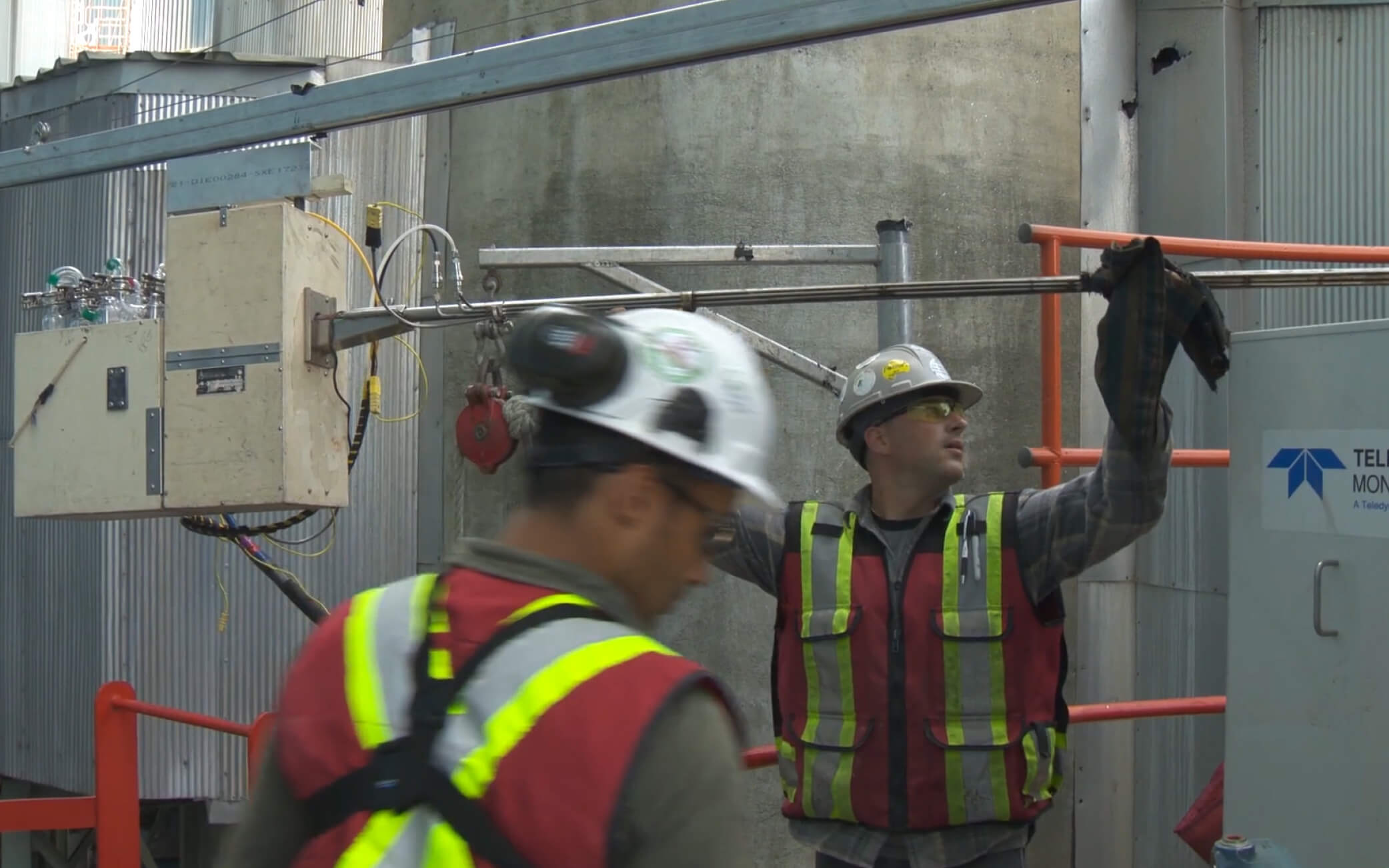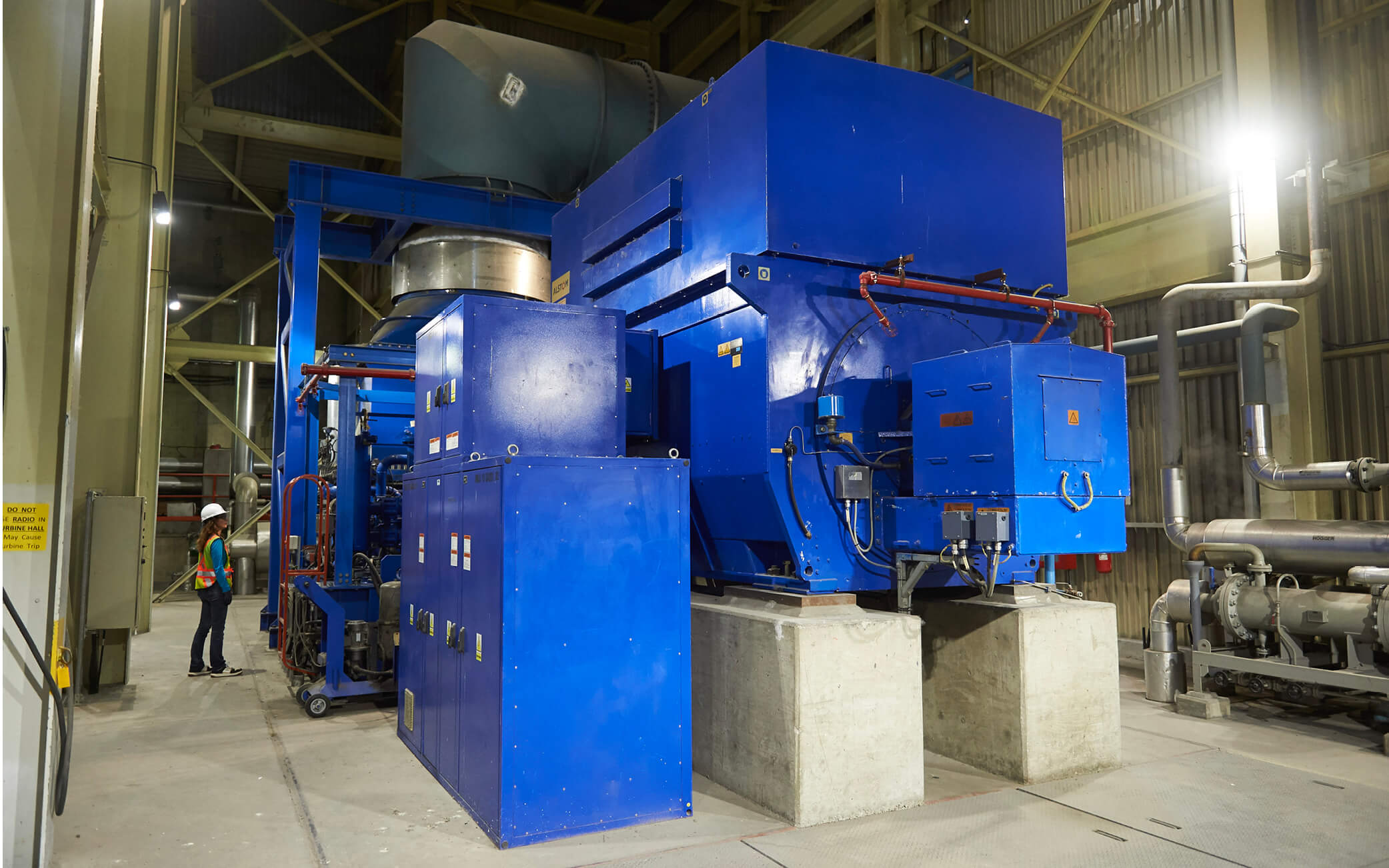About the Project
Metro Vancouver is responsible for the long-term planning for sustainable waste management, including reducing waste, improving reuse and increasing recycling. Metro Vancouver is among the most successful jurisdictions in North America in reducing municipal solid waste, achieving a recycling rate of 64% (approximately double the Canadian average) and a disposal rate of 0.48 tonnes per capita in 2018. Residual waste remaining after reduction and recycling is managed at Metro Vancouver’s Waste-to-Energy Facility or sent to landfill for disposal.
Public health is critical to the successful operation of the Waste-to-Energy Facility. To achieve best in class, Metro Vancouver undertook a public health risk analysis to determine if there was any risk from the operation of the Waste-to-Energy Facility during all operational conditions. This was a first for any similar facility where testing is typically only conducted during stable operations. To complete this risk analysis under start-up and shutdown transient conditions new testing procedures had to be developed, validated and implemented. A detailed contaminant public health risk assessment based on regional air quality dispersion testing was completed to confirm that under all the operational conditions there was no risk to the public.
Results from this public health risk assessment demonstrate that the Waste-to-Energy Facility is able to process 250,000 tonnes or approximately 25% of the region’s residual waste every year, while generating beneficial electricity, reclaiming metals, and protecting the environment and human health. Metro Vancouver continually investigates opportunities to maximize the facility’s performance by increasing recovery of beneficial products and minimizing emissions.


Service(s) Provided
Studies, planning, testing and reporting
Want to learn more?
Visit hdr.com
Go back to projects in
View other projects from
Stay in touch with us
Subscribe to our mailing list!
Organization
Connect


